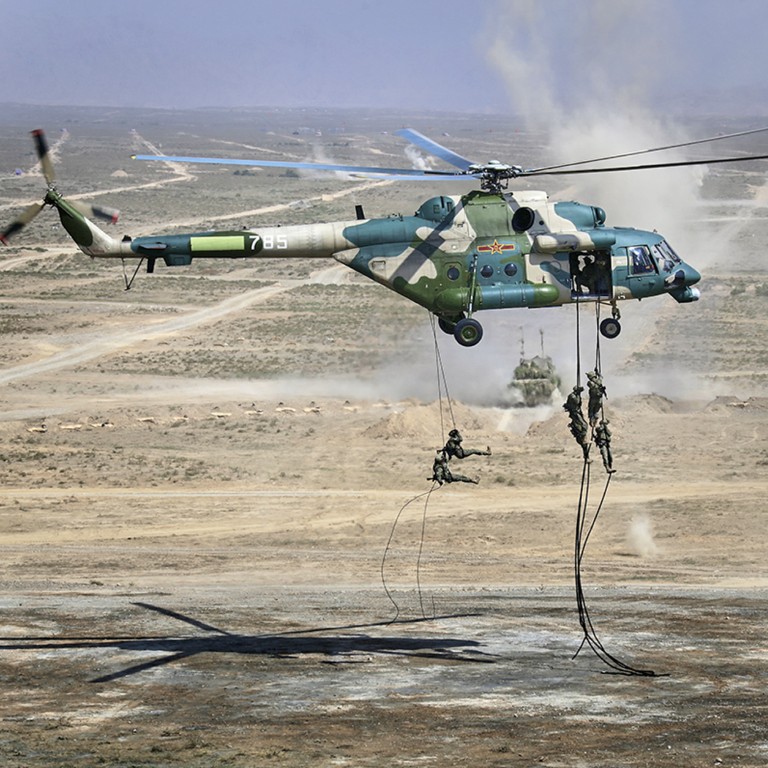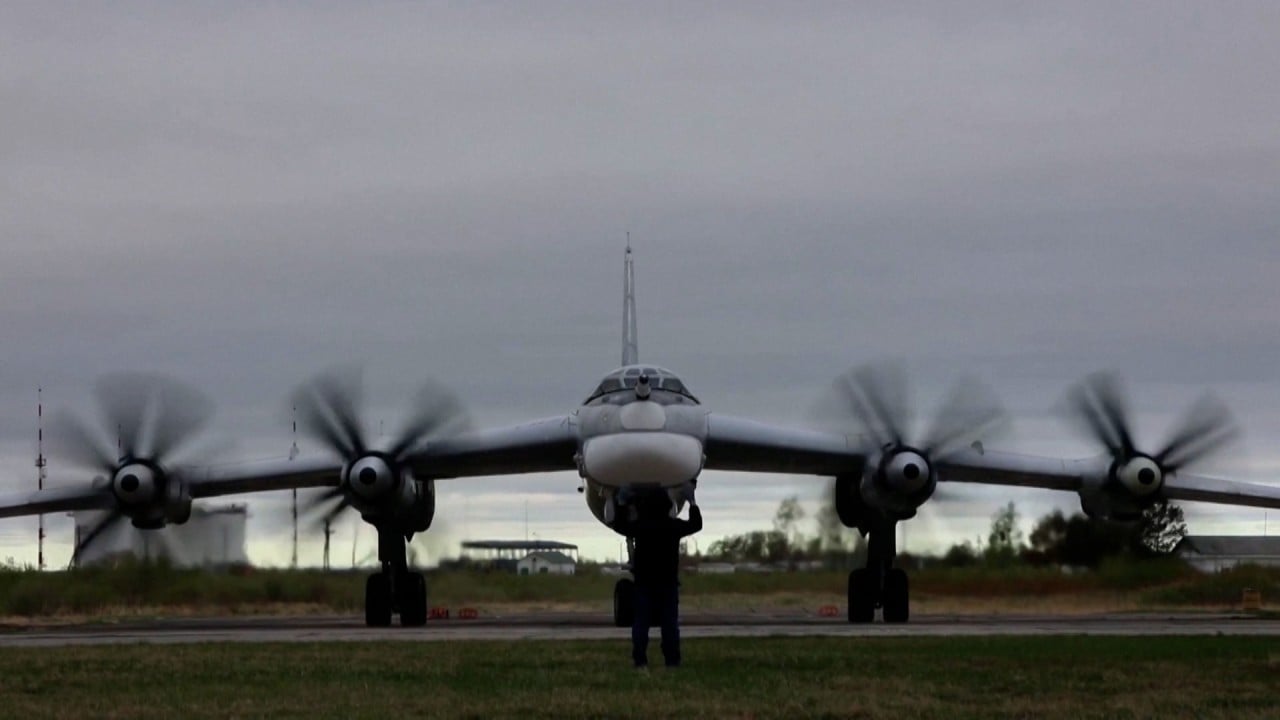
Ukraine war could deepen China-Russia military ties, Japan defence white paper says
- The annual report said a stronger security collaboration between Beijing and Moscow could make for a ‘direct impact’ on the security environment surrounding Japan
- It also expressed concerns about Taiwan, saying since Russia’s invasion of Ukraine, the island has been working on further strengthening its self-defence efforts
“For Russia, which is internationally isolated and has worn out its ground forces due to the aggression against Ukraine, the importance of political and military cooperation with China could increase,” the defence ministry white paper said in a new chapter focused on that issue.
It is necessary to “monitor with concern the possibility that China-Russia military collaboration would deepen,” the report said, adding that such a move could make for a “direct impact” on the security environment surrounding Japan.
Is Putin using oil to ‘blackmail’ Japan for slapping sanctions on Russia?
The report criticised the Russian aggression as causing an “unprecedented” situation, where Moscow is “overtly conducting military acts incompatible with international law and order, and claiming the lives of innocent people.”
To tolerate such acts “could carry the wrong implication” that unilaterally changing the status quo would be allowed in other areas including Asia, and therefore Japan and the international community should never overlook it, the report said.
It is a tacit reference to China, which the report says is expanding its military activities both in maritime and aerial domains, especially in the East China Sea, and “engaging in unilateral and coercive attempts to change the status quo based on its own assertions.”
Over the maritime issues where its interests conflict with others, Beijing “continues to act in an assertive manner, which includes dangerous acts that could cause unintended contingencies,” the white paper said.
Chinese military activities, along with “insufficient transparency” in the country’s defence policies, are “a matter of grave concern” to the region and the international community, it added.
It included the most detailed overview yet of the security situation in the island and noted “since Russia’s invasion of Ukraine, Taiwan has been working on further strengthening its self-defence efforts”.
Pyongyang may engage in “further provocations,” the report said, suggesting the country could carry out what would be its seventh nuclear test, marking its first since 2017.
Japan won’t limit defence budget amid Russia, China concerns
To respond to the increasingly severe security situation surrounding Japan, the paper indirectly called for an increase in the defence budget, which has been long been capped at around 1 per cent of the nation’s gross domestic product, or about 5 trillion yen (US$36.2 billion).
Among the G-7 countries, Australia and South Korea, Japan’s defence expenditures in terms of a percentage of GDP rank the lowest, and per capita spending was about a half or a third when compared with each of the nations including Britain, France and Germany, according to the report.
The ruling Liberal Democratic Party, led by Kishida, is looking to lift Japanese defence spending over the next five years to an amount equal to 2 per cent of GDP or more, a target sought by Nato members.


